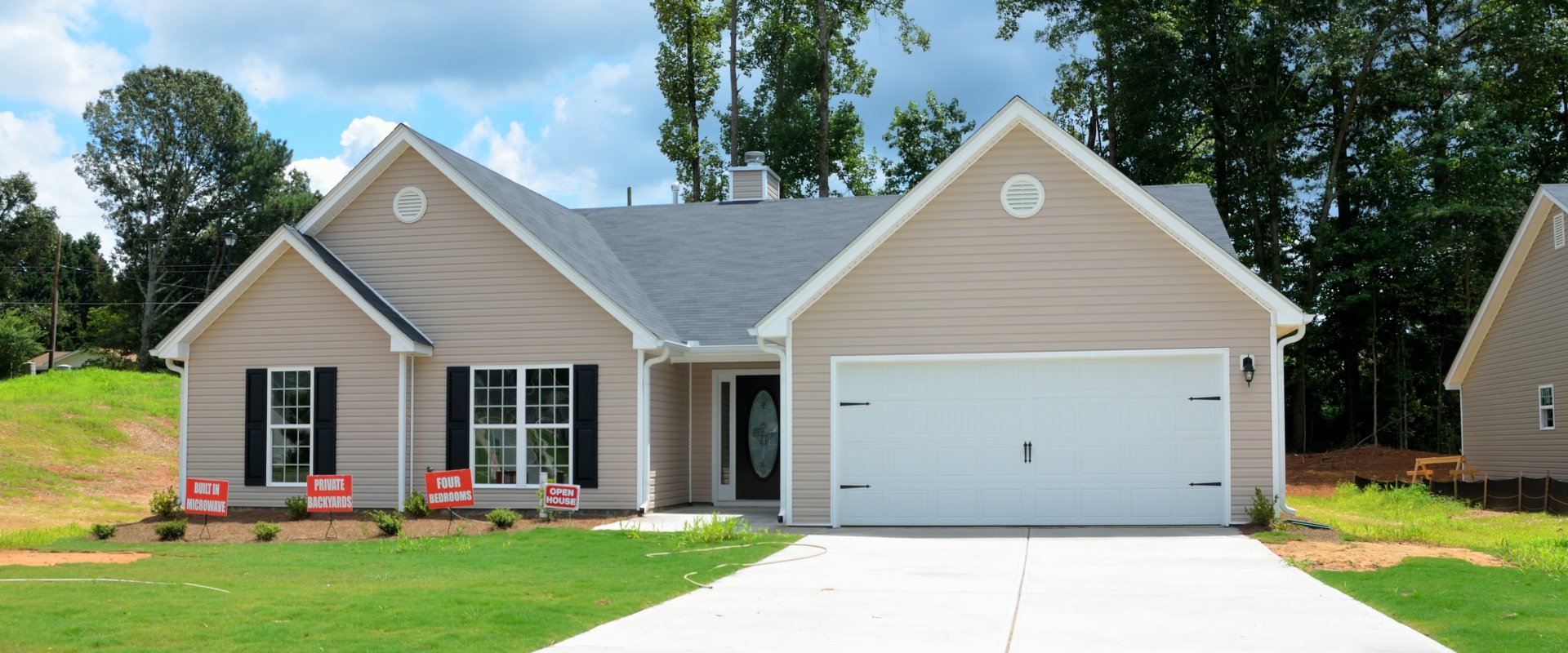and Teresa Greenhill
So, you’ve bought your investment property. You fixed it up and made it attractive for both buyers and renters. But the question you may be pondering now is, should I sell or keep it and use it as a rental property? The answer is most likely; it depends.
Market Factors to Consider
The current state of the housing market, both nationally and specifically in your area, should be the first consideration. Are there not enough houses for sale in your area to make yours highly valued?
While a local real estate agent can be of enormous help with this, there are things you can do yourself to come up with an accurate picture. You can review online real estate market performance reports from sites like Zillow or the National Association of Realtors to understand what’s been selling and for how much. And see what the homes in the area have sold for, not what sellers are asking. To learn about rental properties in that area, turn to the local newspapers, community websites, and social media, including Facebook Marketplace.
Taxes
The IRS’ rules on rental homes are different from those for regular homeowners. You can deductordinary and necessary operating expenses of homeownership without the limitations that apply to itemized deductions. This includes things like mortgage interest, property taxes, the management fees involved, property repairs, advertising, and even the cost of your mileage to and from the property when you inspect it.
You may also get tax benefits when you sell. If you sell outright, the IRS charges capital gains taxes on your profits, but if you reinvest, you can structure the sale as a tax-deferred exchange. This means you will put off paying the capital gains until you eventually sell off your rental property for cash.
Your Property as a Long-Term-Rental Investment
First, it’s important to understand the laws regarding being a landlord. Federal laws like the Fair Housing Act and Fair Credit Reporting Act are enforced nationwide, but different states have rules that apply to tenant/landlord relationships, so be sure you get legal help to set it all up in order to avoid costly mistakes later.
You should collect a security deposit or a move-in fee to make up for whatever minor forms of damage the property sustains from the tenant, but keep proper documentation.
Perform a thorough screening of tenants because collecting past due rents and evictions is stressful and expensive.
Perform routine property inspections to keep on top of repairs. Finding a problem early and fixing it can be far less expensive than waiting for it to turn into a costly project.
If you’re not nearby or are too busy to perform all the tasks involved with being a landlord, find a reputable property management agency. The fee they charge can be well worth it in the long run.
Vacation Rental Benefits
If your property is an area that sees a high volume of vacation travelers, turning your property into a vacation rental may be an excellent option. The increase in searches for vacation rentals has gone up a whopping 235% in the past year. Now that people are traveling again, they are turning from hotels and resorts to vacation rentals in increasing numbers.
Not only do homes in vacation destinations increase in value, but the renters are also short-term, meaning the wear and tear are less than with families living in the property long term. And of course, the best reason is that you can also use it yourself for your own vacations.
If you’re looking for great fixer-upper rental properties in the Detroit, MI., area, contact Pinnell Enterprises. They are full-time property investors in Metro Detroit and specialize in finding those hidden house deals that you normally only hear about, usually at 30-50% off retail value.
Choosing whether to rent or sell your property depends on a lot of factors unique to your situation, such as the housing market in your area, if you need to recover the cost of the property quickly, tax considerations, and the duties of being a landlord. But no matter which way you go, purchasing property as an investment almost always gives you the best return on investment.


